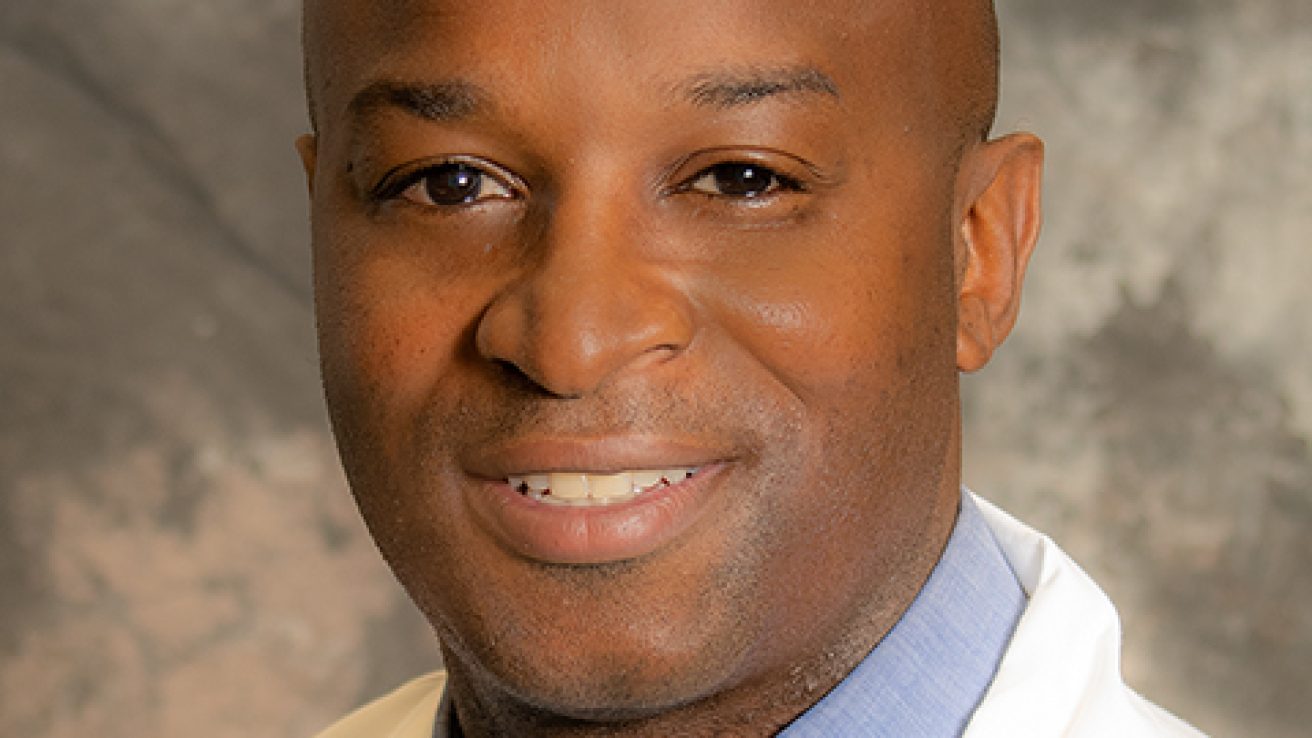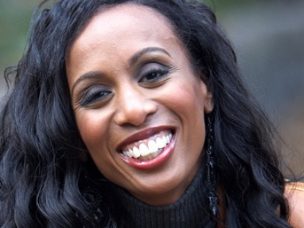In this MD Newsline exclusive interview with trauma surgeon Dr. Nii Darko, we discuss his podcast, Docs Outside the Box. We also discuss why it’s important for doctors to learn how to podcast and what they can learn from Dr. Darko.
MD Newsline:
How did you decide to start your podcast, Docs Outside the Box?
Dr. Nii Darko:
“I started Docs Outside the Box [in] April of 2016. It literally was a passion project. I was working as a temp doctor, and I met a whole bunch of different doctors who were doing amazing things, and I thought to myself, ‘Nobody in med school or residency taught me that you [could] be a temp doctor and work on t.v. or work in different countries and coach other doctors and do all these different things.’
So I just wanted to put it on wax. I just wanted to record it and tell these stories. But I didn’t know that this story was going to resonate with people. I didn’t know that people were really going to like this. And it just started growing from there.
So the mission really became let’s teach people that it’s ok to say, ‘I really enjoy being a doctor, but that’s not my entire life. I love myself also.’ There’s a lot of stress, there’s a lot of sacrifice that goes with being a doctor, and should that necessarily occur [for] the rest of your life? Is there a way to have a balance where you can be a great physician, take care of your patients, but also at the same time enjoy the things that you want to do: travel, medical humanitarian work, start a business [, etc].
So that’s one of the missions. But then the next one is, let’s talk about mindset. Let’s teach the listeners how to change from a fixed mindset of, ‘I’m just a doctor, I’ve spent my entire twelve, thirteen years just focused on being a master technician [of] the body, and I can’t learn anything else.’ You are in the 1% of people who are physicians. What do you mean you can’t understand real estate, or you can’t understand how to start a podcast, YouTube channel, or whatever it may be. Really?
So let’s change that to more of a growth mindset. I’m a doctor, but I also can do this. I’m a doctor, but I can also do that. So we talk about that on the show. That’s one of the other tenets.
And then the last one is, you already know how to take care of people, but maybe we can do this on a larger scale. Maybe you can start advocating for people on a medical advocacy level. Maybe we can start advocating [for] people [through] medical humanitarian work.
So I do work in Ghana, where my wife [and I] we go to Ghana and we work for two weeks out of the year, and we do amazing work. And not only do we get to learn from amazing physicians over there who are doing more with less, if you know what I mean, but also, at the same time, it’s one of those things that we’ve always wanted to do—practice in its purest sense.
And what it does for me is something that I call a professional reboot. Right? You get to practice in its most purest form, but you’re also not worried about some of the legal issues, you know huge issues [like EHR systems] that burden doctors here. So I call it as close to a professional reboot as possible.
So those are the three missions of Docs Outside the Box: money, mindset, and mission.”
MD Newsline:
Why is it important for doctors to learn how to podcast?
Dr. Nii Darko:
“It’s important for doctors to learn how to podcast because podcasting is turning [into] a major form of communication. And doctors for a long time have not been able to tell their own stories. Whether we’ve just been so focused on taking care of patients being in the hospital and clinics and feeling like we’re above the fray, we’re above talking to people at a certain level.
And as a result, we’ve abdicated the ability to tell our own stories our way—how we take care of patients, the training that goes along with it—other people tell our stories. They make t.v. shows about it.
With podcasting taking off, this is a really easy and quick way for us to grab hold of that, grab the narrative, kick the gatekeeper to the curb, and tell our stories. And talk about everything from what it’s like to come from families where there’s no doctors in our family, and what it’s like to have to come up to be a physician—all the way to becoming a doctor not knowing how to manage your finances, or becoming a doctor and realizing that there’s a whole bunch of physician burnout going on.
So there’s so many different angles—stories that could be told that are not being told. Whether it’s an executive producer in Hollywood or whoever it may be, they don’t really understand the essence of what we’re going through. I think to assume that we’re boring or that we don’t know how to tell a story is incorrect. You have people, whether it’s on podcasting, or YouTubing, or blogging, who know how to tell compelling stories. It just so happens they’re doctors, also.
For me, podcasting is an easy way to tell my story. I don’t like typing. I don’t like writing. It just takes me a long time. And YouTube, for me, was just too much of a learning curve to understand.
For me to be able to talk to this microphone and let people know what’s the deal with me, and where I come from, and my family, and some of the problems that I have with student loan debt—all those different things are just easier for me to do on a microphone than to do through those various media. That’s why I really doubled down on podcasting.”
MD Newsline:
Tell us about your podcasting class, 10 Days to Podcasting.
Dr. Nii Darko:
“Yes, so folks, doctors can sign up for a class with me called 10 Days to Podcasting. I take people through various ways in which we can start a podcast. The [principal] way is taking people through the knowledge that they need to start a podcast, as well as by the end, they have five episodes ready to go so that they’re launching very well.
It’s something that I really hope continues to take off. I want more and more doctors talking on podcasts because podcasts [have] a way of connecting with people unlike a speech, unlike a grand rounds talk, unlike a doctor-patient relationship. Because when people are listening to a podcast, they’re not really looking for ‘[I’m] Dr. Darko and I went to Harvard, and all that stuff.’
They’re just looking for me to talk to you about the vaccine and let you know why I’m taking it, how it’s affecting me, and [hey,] I got COVID, and this is how it felt. Right? And this is how hard it is for me to convince my family to get it. Right?
These are the types of conversations that you can do on podcasting, and that’s that powerful, [disarming] communication [with which] patients can really start to say, ‘This person is real. He’s legit. I rock with him. Imma do this.’ Right? That’s the key right there with podcasting. And if we can jump on that, that’s a very powerful weapon in this battle.”
Responses have been condensed and lightly edited.







